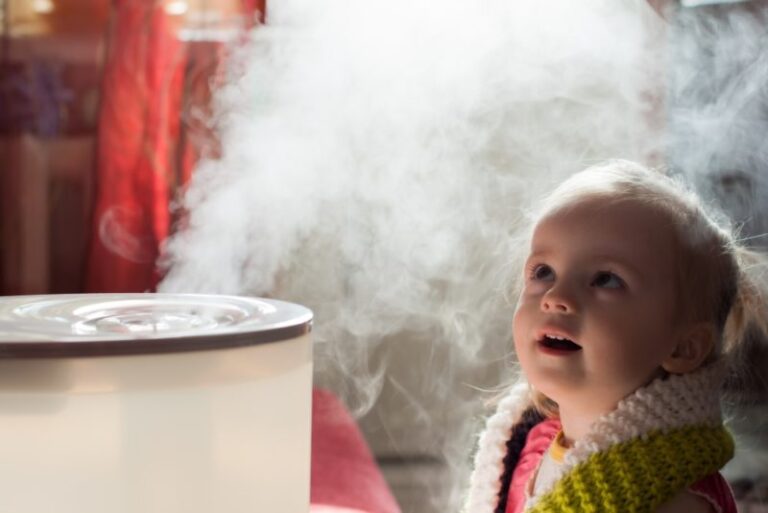If you have a child with asthma, you know how difficult summers are. Allergens flow through the outside air and into your home, causing adverse reactions to your child. But what if there was a way you could allergy-proof your Opelika, Alabama, home to protect against allergens and asthma flareups? Fortunately, there is. If you’re looking for ways to improve indoor air quality and avoid asthma attacks this summer, follow these tips.
Handle Certain Foods Differently
Before figuring out how to allergy-proof your house, it’s important to note the types of allergens that grow rampant during the summer months. Though not all of these allergens trigger asthma, knowing what could potentially start an asthma attack is a true lifesaver in every sense of the word.
Fruits and vegetables can be sources of some of the most common allergens. During summer, you may have your own vegetable garden or eat more fruits and vegetables because more of these foods find their way into summer cuisine. However, it’s the pollen on the food, not the food themselves, that cause problems. If you can’t decipher which foods are asthma triggers, cooking all your fruits and vegetables breaks down the pollen, eliminating any concern you may have.
Get a Stronger Air Filter
In July and August, mold begins to thrive due to the hot and humid conditions outside. While staying inside during these months will definitely limit asthma attacks, it doesn’t give your kid a chance to, well, be a kid, as it’s high times for baseball games, trips to the pool, and camping. That means that at some point, mold spores will enter your home.
However, this shouldn’t cause concern as changing your filter is an effective way to handle the situation. Every HVAC system filter has a Minimum Efficiency Reporting Value, or MERV, which shows how effective a filter is at removing contaminants from the air. MERV ratings go from 1 to 20, and the higher the number, the better the filter. Some air conditioners are also starting to include a HEPA (high-efficiency particulate arresting) filter, which previously were only used by hospitals to improve air quality. No matter what type of filter is recommended for your system, just remember to replace the filter every 30 days to ensure the best performance.
Clean Your Ducts
Even with a strong filter, allergens still work their way into your home. It’s an inevitability. Yet, before they get into your air, they travel through the ductwork of your home. This is particularly true with dust, which causes allergy and asthma flareups throughout the year, summer included.
To combat this situation, there are several avenues to take. The first one is to have your ductwork inspected, which is part of our indoor air quality audit. This allows us to pinpoint any problematic areas where allergens may enter the system, as well as ways that might ruin your air conditioner’s efficiency. Another way to fix the problem is to clean your ductwork. By removing dust and debris, you don’t have to worry about spewing harmful particulates into the air each time you turn on your air conditioner.
Control Your Home’s Humidity
Excessive heat and humidity are one of the leading causes of asthma attacks and allergy problems. Mold, pollen, and other allergens thrive in humid conditions. To compound matters, asthma sufferers are also more susceptible to temperature changes and altered levels of barometric pressure that occur frequently over the summer. While you can’t control the outside temperature, you can ease the conditions inside.
Your air conditioner does a fair amount of work removing humidity from the air, but it’s not always possible to get your home’s relative humidity in the optimum range between 30 and 50 percent. The only surefire way is by getting a whole-home dehumidifier. By removing the moisture, a dehumidifier reduces chances for mold, viruses, and bacteria to thrive, while also making your home feel more comfortable. It’s a win-win in all regards.
This summer, don’t let your child suffer with allergies and asthma attacks. Whether you change the filter or give us a call to fix any problems or conduct an air quality audit, you’ll increase the odds of a fun and safe summer. Call the pros at Sensigreen Heating, Cooling & Insulation today at (334) 366-9237.
Image provided by Shutterstock

